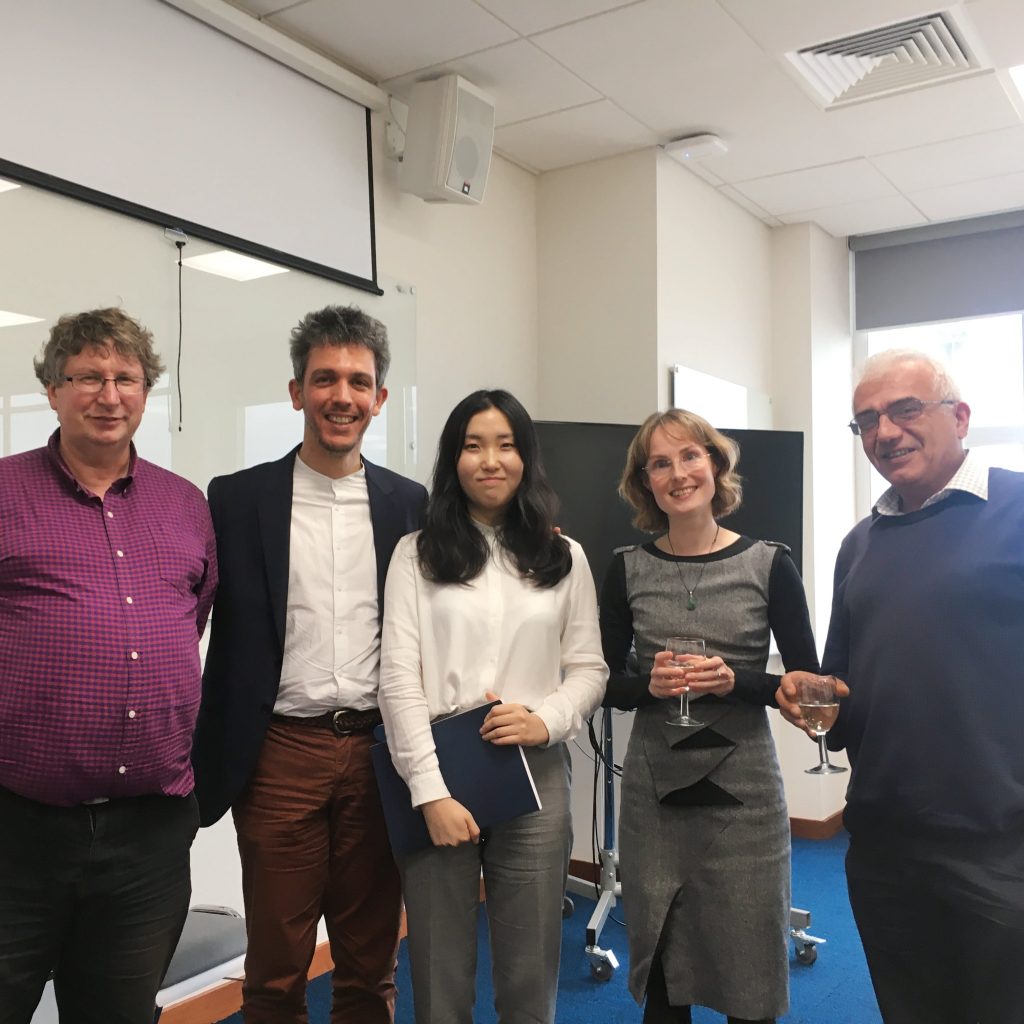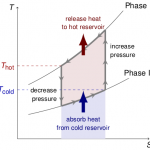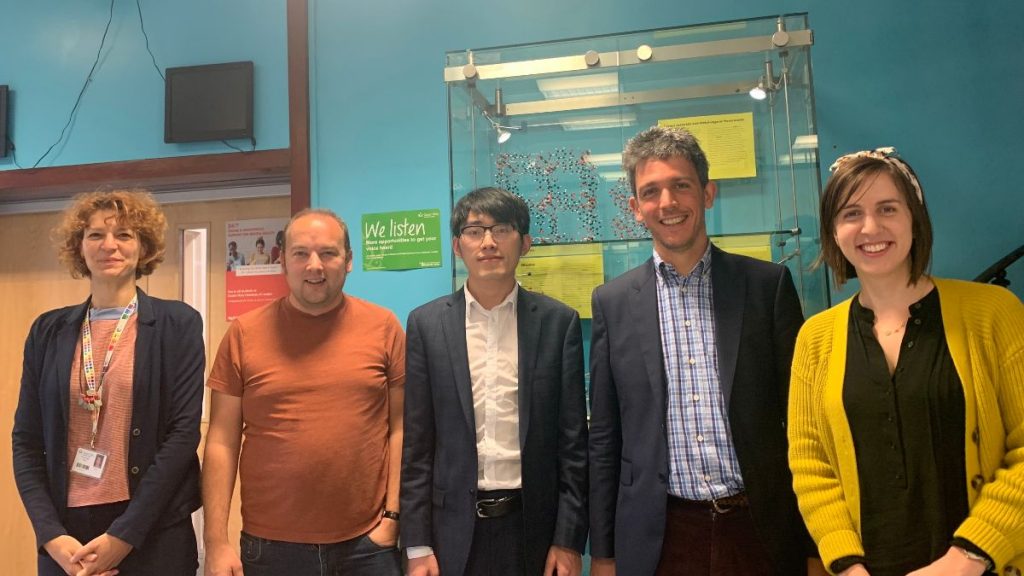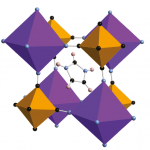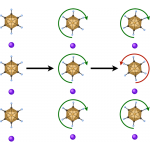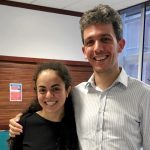A warm welcome to the group’s newest PhD student, Bernet Meijer, who joins us following a joint Master’s degree between the University of Amsterdam and the London School of Economics. She will be co-supervised by Dr Helen Walker (ISIS Neutron and Muon Source), and will be collaborating with her and the ISIS sample environment team to help commission and test pressure cells for inelastic neutron scattering experiments. Our target materials for this project range from molecular crystals to framework materials. We are grateful to ISIS and the School of Physics and Astronomy at QMUL for jointly co-funding this studentship.
Image credit: Crystal Kwok at Unsplash

